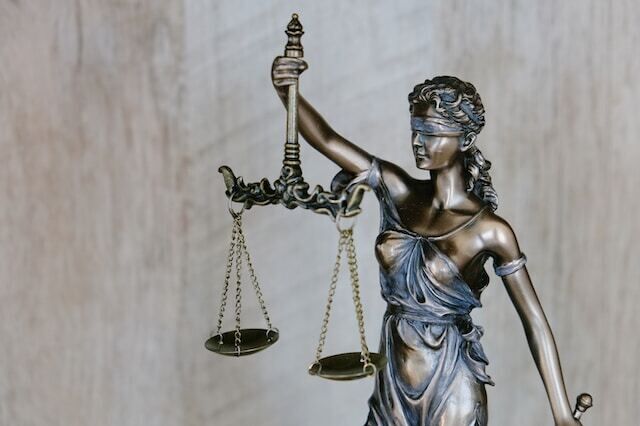Transgender
Scottish gender bill row headed for the courts

A row over controversial gender recognition legislation passed by the Scottish parliament will go to court, Nicola Sturgeon has said.
The Scottish First Minister issued a statement this afternoon after UK Ministers invoked a clause in the Scotland Act to prevent the Gender Recognition Reform (Scotland) Bill from receiving Royal Assent.
Scottish Secretary Alister Jack triggered a Section 35 order - a first since Scottish devolution was sanctioned in 1999 - due to concerns the gender legislation will undermine UK-wide equality law.
A statement supplied by the UK Government explains that lawyers acting for the UK Government are concerned about:
- The operation of the law as it applies to reserved matters
- Adverse effects of different GRC regimes across the UK
- Adverse impacts linked to increased risk of fraudulent applications
- Adverse effects linked to the operation of the Equality Act 2010
The UK Government said it would prefer the Scottish Government to go back to Holyrood and make changes to the gender bill to prevent the adverse effects described above.
The statement issued by Nicola Sturgeon shows Scottish officials are not minded to do this but will instead seek a judicial review of the UK Government's actions at the Court of Session in Edinburgh.
Commenting on the clash taking place over the legislation CARE for Scotland spokesman Michael Veitch emphasised the need for vulnerable women and children to be protected:
"CARE for Scotland take no view of the UK Government’s action. And we will not take a view on any subsequent legal actions by either Government. We do however maintain the strongest possible opposition to the law the Scottish Government is seeking to introduce.
"Allowing any person to self-declare their legal sex without medical consultation or other oversight opens women and children up to new safeguarding risks and erodes sex-based rights and protections. Making 16-year-old children eligible is also highly controversial.
"At every turn of the legislative process, Scottish Ministers chose to ignore and downplay criticisms of the gender bill. Sensible amendments were rebuffed. Given the widespread opposition to key aspects of this bill, this is hugely discouraging."
"Ultimately, by reducing the meaning of male and female to a matter of personal preference, the legislation in question is built upon an objective falsehood, and thereby threatens to cause significant harm, to young people in Scotland in particular."
Share
